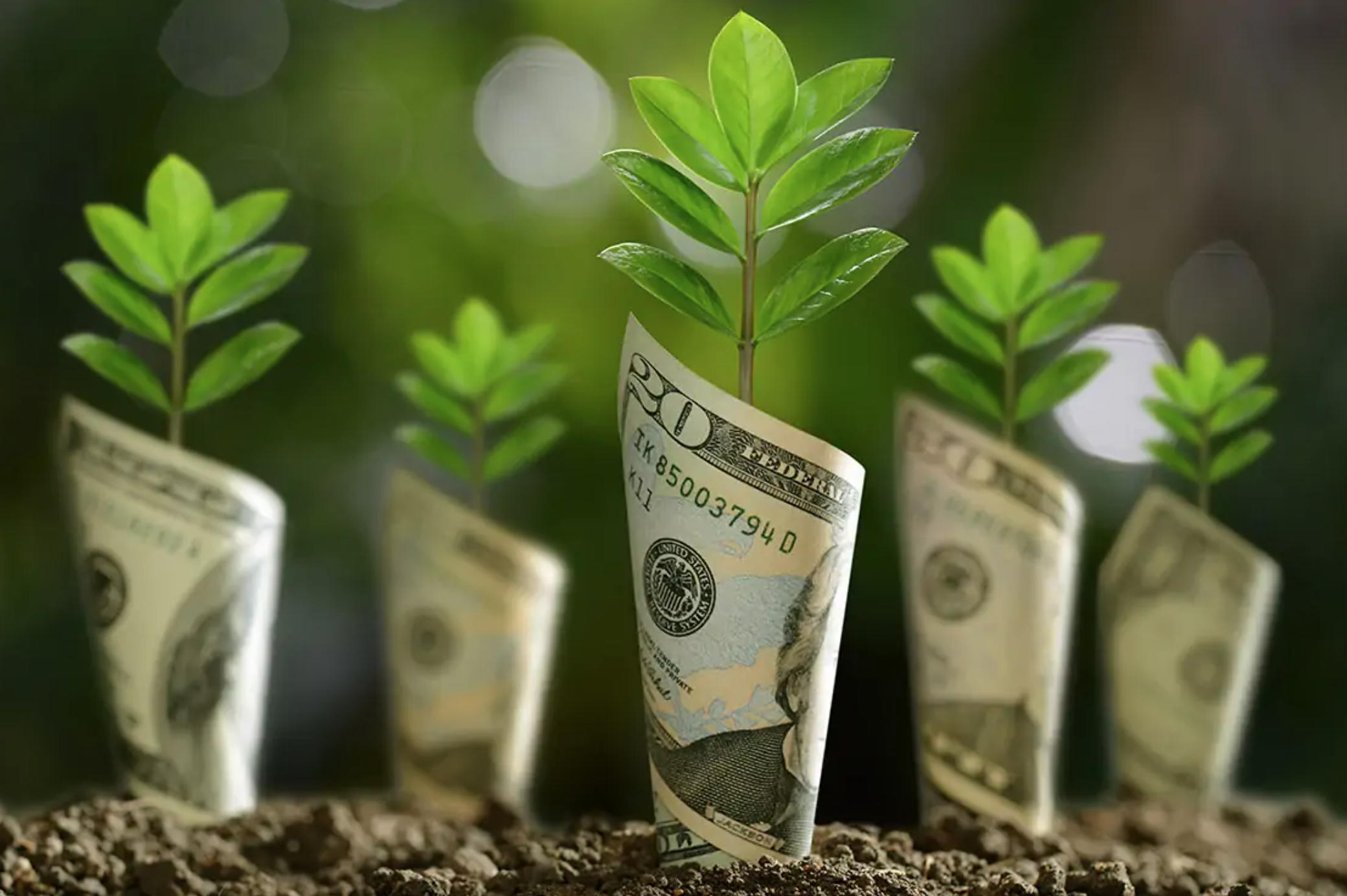A major study revealed that, despite their varying attitudes, up to 85% of consumers across different generations have become more conscious of the environmental impacts of their purchasing.
To capitalise on this behaviour shift, many companies have spared little effort to demonstrate the various eco-attributes of their products or services. Unfortunately, the trend has simultaneously given rise to the much-criticized phenomenon of “greenwashing”. This edition of Muse explores what is classified as greenwashing and its consequences for brands.
What is greenwashing?
National Geographic describes greenwashing as “a form of misinformation often used to entice an aspiring green consumer”. Simply put, it’s a form of PR ‘spin’ wherein an organisation spends more time and resources communicating and marketing its green credibility than making operational or organisational changes supporting its claims.
An analysis by media analytics expert Commetrics found that media have become more interested in greenwashing since 2019, when McDonald’s launched paper straws with much external fanfare, which were later found to be non-recyclable. There were reportedly over 75 thousand articles published in the second half of 2021 featuring greenwashing-related matters. The energy and finance industries were found to be major culprits due to their sweeping statements over the transition to clean energy or green investment funds.
ESG and greenwashing
The prevalence and widespread scrutiny of greenwashing have dragged Environmental, Social and Government (ESG) investments into an increasingly heated debate over whether these funds are also part of the unethical practice. Many prominent commentators have reportedly been concerned that ESG-labelled funds exaggerate their impacts and only exist to camouflage an organisation’s poor environmental performance.
The damage of greenwashing
Being called out for greenwashing with substantiated accusations could quickly escalate into a brand reputation crisis. The implications of greenwashing can also include fines and bans imposed by the government and the loss of discerning consumers and investors whose confidence is likely beyond restoration.
Despite the growing concerns and scrutiny over greenwashing, coupled with the severe impacts if caught out, some brands and businesses may be hesitant to take a stand on environmental issues or communicate their green creds. Continue reading our next article for tips on convincing critical stakeholders of your genuine environmental efforts.


